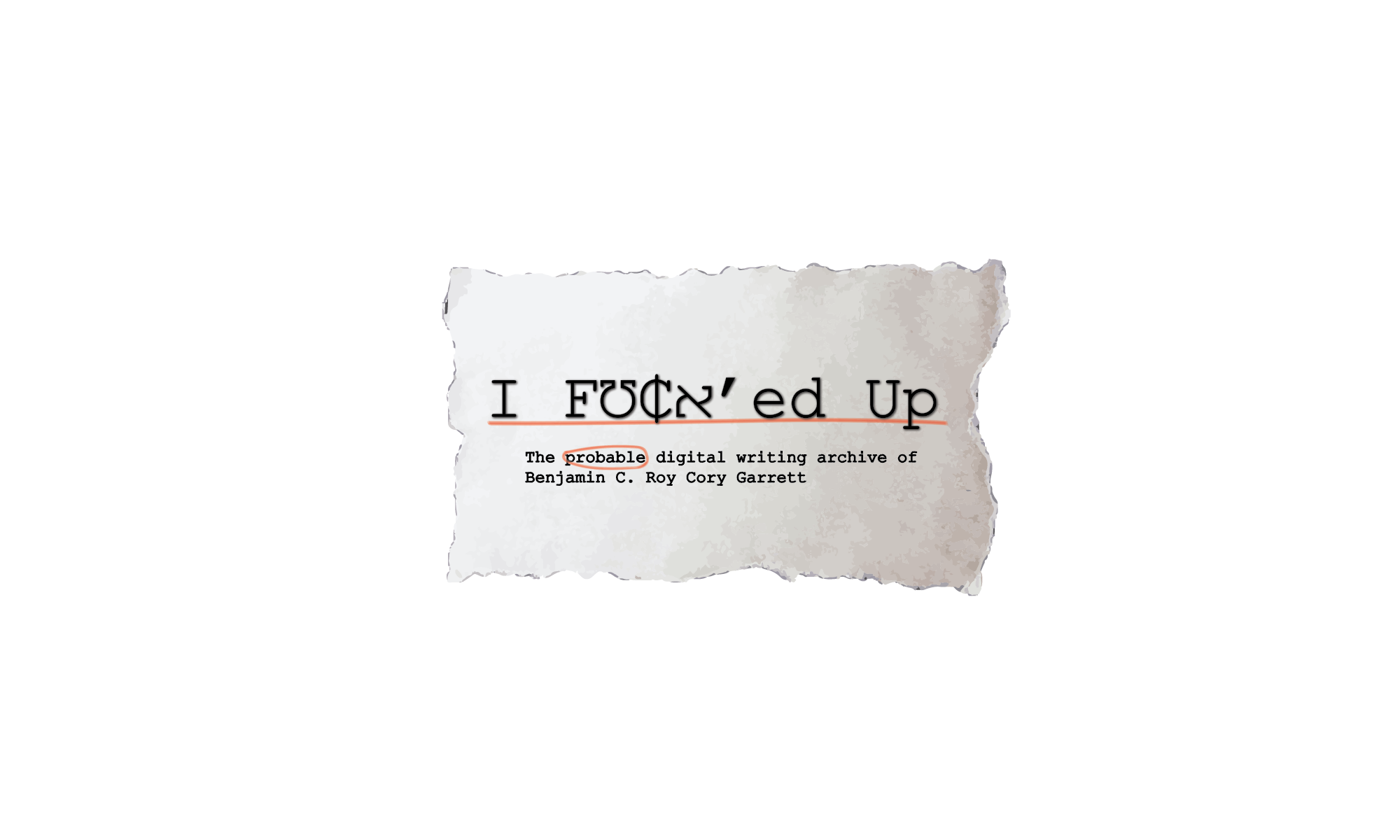They were words so commonly directed at me in my youth that they wore into refrain. From my dad, from classmates, from TV and movies, from nearly every source on masculinity I encountered as boy, it was the only consistent message I remember from my childhood: Vagina ≠ man. Luckily for me, I don’t learn through repetition.
As a child, I loved pornography. My mother kept stashes of it and erotic literature in places around the house where she must have known I would find them. I was young and curious and lapped up the material with which I was baited. I would digest all of it with eyes hungry for imagery of what grown-up bodies were supposed to look like—information about how grown-up bodies were supposed to function.
My mother was and still is a wild woman. Her tastes in sexual imagery can still make me blush, and yet it was perhaps this particular feature of her sexual identity to which I owe her the most thanks, in how liberating it was to my own. When I compare my earliest explorations of sexual fantasy to those of my fellow be-peckered youths, I realize that my exposure to a diversity of bodies and means through which they could experience pleasure was not typical of children being socialized into becoming men.
Even so, for every image I found of female bodies taking ownership of their own pleasure, or male bodies supplicated in submission to the gaze of either a female or male viewer, I was met by at least one image of a compliant chop shop of women’s bodies—designed to be reduced to components of a piece-meal fantasy that rarely included a head, even when it included a face. And yet…that clearly intended fantasy—that women’s bodies—in pieces or wholes (holes?)—were mine to own; was never one I could understand. For a reason I write about in the hopes of being able to name, the fantasies within my pubescent mind, invoked by even the most objectified images of women’s sexual organs, was not one of possession but of transference.
I wanted to be a pussy. Not own one, or have one, or touch one—but be one.
I spent hours staring closely at different vaginas, trying to imagine the experience of going through life as such a massively complex organ. I was enthralled by the mysteries, shapes and textures hidden so beautifully within so many elegant folds. I was mesmerized at the notion that a lover could spend a lifetime exploring me and never fully discover my every secret—but at any moment—could discover some new secret that I never knew I had.
Perhaps, because I am some kind of pervert, I have never felt dirty or bad about this fantasy. I say that, and yet, perhaps instinctively, it was a fantasy that I never shared with my friends, family, lovers, therapists, or anyone else until much later in life—until queerness was a skin I felt comfortable enough in to start letting myself completely out of my closets. Perhaps, “I want to be a pussy” just was not language that I knew how, where or with whom to share.
Now that I have the support of people with whom I have learned to share this childhood fantasy, neither they nor I can make much sense of its greater implications in my generally cis-gendered masculine existence, and maybe there is none. It could just be one of the many bizarre fleeting fancies of childhood that most rational folks try their best to forget, or an opportunity to be reminded that the next time I hear someone tell another person not to be a pussy, it might be worth asking back, Why not?
